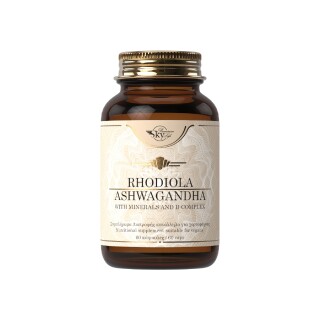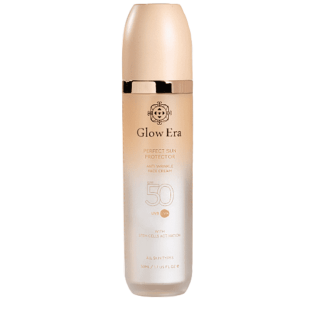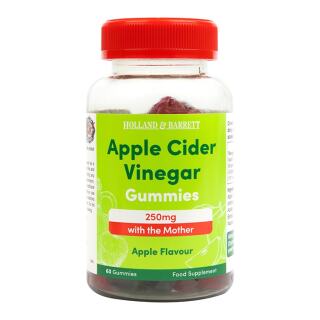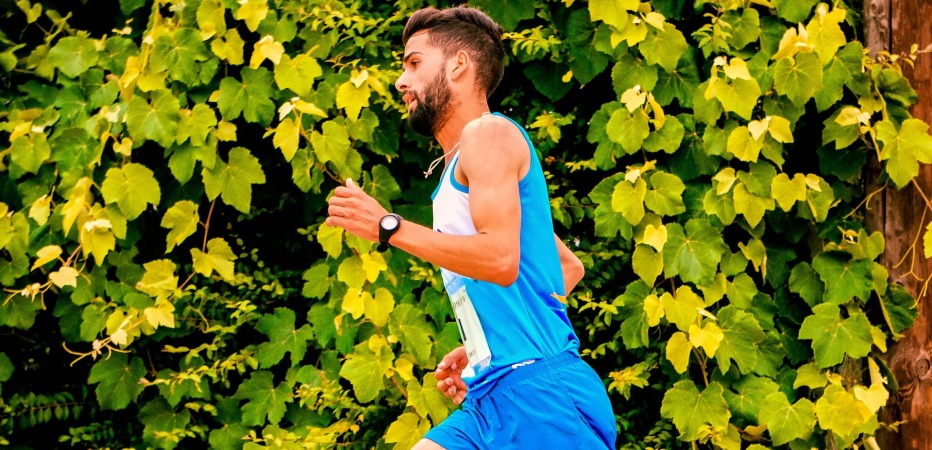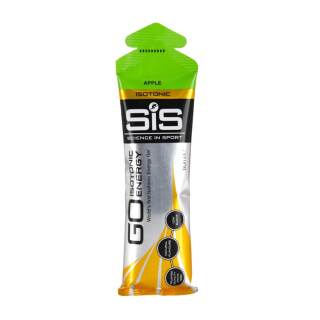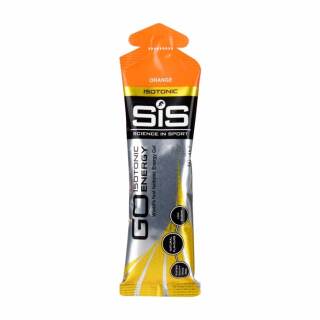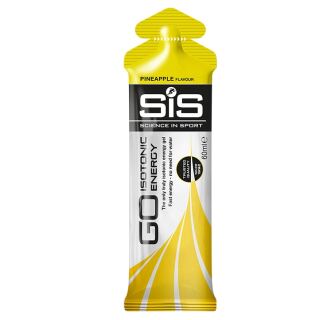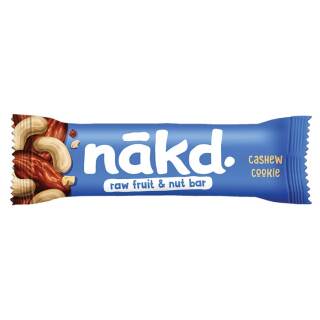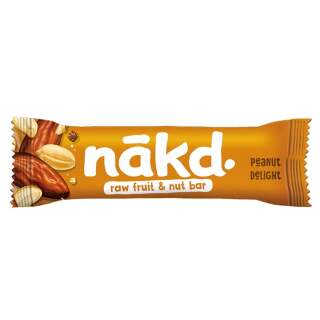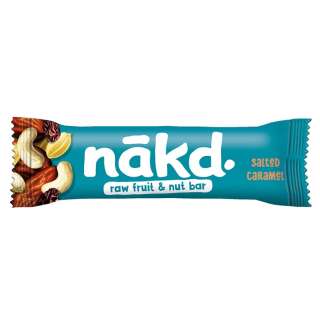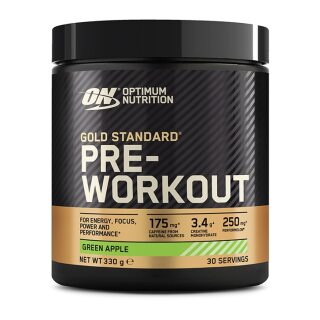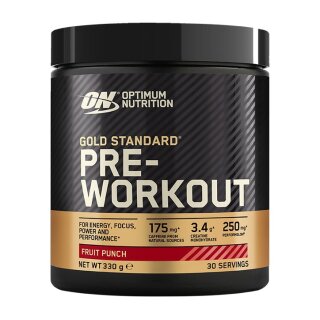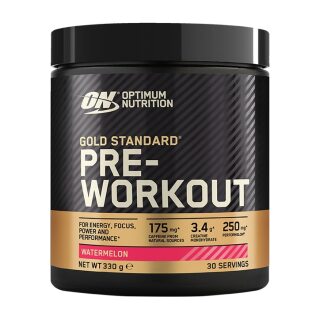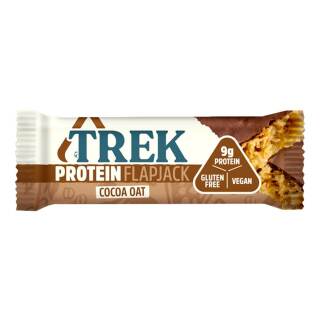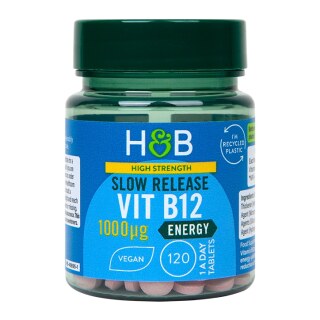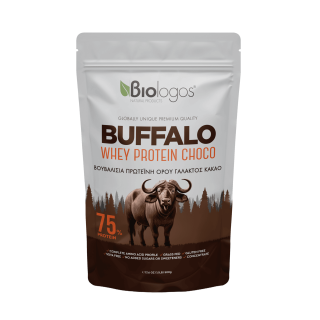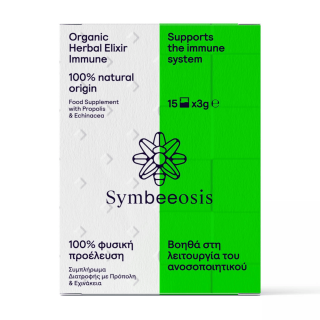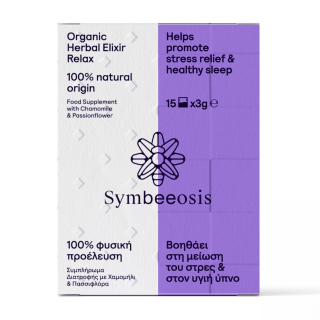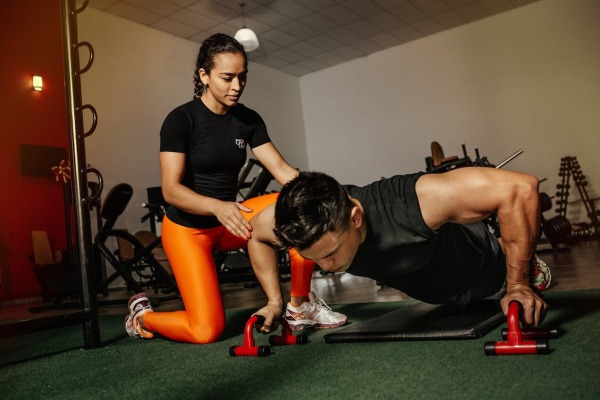What does an athlete's performance in the Marathon depend on?
Marathon is an event that requires excellent cardiorespiratory endurance and increased energy levels for a prolonged period of time. In addition to proper training preparation, adequate nutrition strategies, days to weeks prior to the day of the event, and proper hydration levels are integral parts of success.
Pre-marathon nutrition
The success of marathon completion depends largely on the quality and quantity of nutrition, before the event. More specifically, the increased energy demands of Marathon (an event longer than 90 minutes) require the presence of carbohydrates in our diet.
The glucose molecule - which the body loves to use - is the main source of energy for our bodies, including the brain - which uses mostly glucose (about 120g per day). The human body has the ability to store carbohydrates in the form of "glycogen" - yes, you read that right, we don't just store fat. Glycogen is stored in the muscles and liver and the amount varies between 500-900g, which depends on many factors, such as adequate carbohydrate intake or not, the training status of the individual, etc. Therefore, the carbohydrate composition of our meals before the marathon plays a critical role in topping up our energy stores, which will fuel the very demanding race of the marathon.
"Yes, but how much carbohydrate should I consume and in what form?"
Depending on the race you decide to take part in. The official nutritional recommendations for endurance sports of up to 60 minutes (5km & 10 km) call for 5-7g CHO/kg body weight per day, while for the authentic marathon, which will last from 2,3,4 hours, the consumption of 6-10g CHO/kg body weight per day is required (CHO: carbohydrates). Following the recommendations, besides being essential to "get through" the marathon more easily and in a healthy way, is a cornerstone of your performance, which can increase by 2-3%. Let's look at an example of a 70kg athlete who will run the original 42km marathon. To top up his glycogen stores, this athlete is recommended to consume 70kg X 6-7g CHO = 420-490g of carbohydrates, which can be roughly attributed to the following daily menu.
BREAKFAST
1 slice of bread & 1 tbsp peanut butter & 1 tbsp honey
1 glass of freshly squeezed orange juice
1 bowl of 2% yoghurt with 3 tbsp oats + 2 tsp jam
SNACK 1
1 large banana + a handful of nuts
1 toast with 2 slices of bread - wholemeal or white - and 2 slices of low-fat cheese
SNACK 2: 1 flapjack bar
LUNCH: 3 cups of white penne pasta with tomato sauce and grated cheese + 1 bowl of green vegetable mix
AFTERNOON SNACK: 1 smoothie with 1 cup of non-fat milk, 1 scoop of chocolate or vanilla flavored protein, 1 banana, 2 tablespoons of oats, 1 tablespoon of honey
DINNER: 1.5 cup of white rice + 1 large lean ground beef burger + 1 cup of cucumber-tomato salad
PRE-BED SNACK: 1 glass of 1.5% milk + 1 bowl of fruit salad
The above daily diet is used as a simple example to understand the importance of the quality and quantity of carbohydrates needed by a healthy athlete, BW 70kg. Everyone's needs are individualized, and depend on a multitude of factors.
"How many days before do I need to follow a carbohydrate loading protocol?"
The answer is, it depends. In general, 1-2 days prior to a major sporting event are crucial for loading energy stores and special attention should be paid to the quality and quantity of carbohydrates. Therefore:
- We emphasize foods rich in easily digestible carbohydrates, with a moderate presence of fiber to avoid gastrointestinal disorders, such as fruits (especially banana, watermelon), fruit juices, starchy foods (mostly white), such as white pasta, white rice, white rice, barley, potato, sweet potato, white bread, white breadsticks, rusks, home-made cakes, etc., as well as dairy products (if lactose is well tolerated).
However, it is important to note that 1-2 days is not enough, in case usual carbohydrate intake is not sufficient. A runner, who trains many hours a day, should include significant amounts of carbohydrates in his diet every day - not just before the marathon.
Pre-race meal. The perfect recipe.
The pre-race meal should be at least 3-4 hours before the start of the marathon and should consist of easily digestible carbohydrates, as mentioned above, be moderate in protein and fat and low in fiber. It is also very important to choose well-tolerated foods that we have tried before, in order to avoid GI disturbances.
Extra tip: In case you consume coffee, try drinking a small cup of espresso, before your training days and if you find that you can tolerate it on a daily basis, try including it 30-90 minutes before the start of the marathon.
Hydration, the neglected one.
In addition to loading energy stores with the necessary carbohydrate intake a few days before the marathon, it is equally important to regularly monitor our hydration levels, which many athletes neglect. Dehydration at a level of weight reduction of up to 2% can lead to a reduction in athletic performance and is seen in endurance events such as marathon, which requires continuous replenishment of fluid loss. The main symptoms of dehydration include muscle cramps, discomfort, confusion, nausea and unwanted gastrointestinal disturbances. Recommendations for proper hydration include 400-800mL water/h, before and during the race, always taking into account the individual needs of the runner, which are determined by sweat rates, the temperature on the day of the marathon and the intensity/rhythm of the race.
Do I need anything else during the Marathon race?
During the Marathon race, since we are referring to an event that lasts >90 minutes, we need extra carbohydrates sources to replenish what is used, as glycogen stores are "not enough" to help us get through the entire race most of the time. Nutritional carbohydrate recommendations during running events, include:
- For < 2.5 hours, 30-60g carbs/hour
- For > 2.5 hours, 60-70g carbs/hour.
However, the strategy of approaching carbohydrates during the race requires proper gastrointestinal preparation and therefore we should have tried them during our training sessions, some days before the event, so that we can see how well or not they are tolerated and in what amount.
Holland & Barrett is next to every person who has decided to participate in the Athens Authentic Marathon this year, with a very wide range of delicious carbohydrate-rich foods such as dried fruit, fruit juices, flapjack bars, dried fruit and nut bars, as well as a host of sports nutrition supplements to suit the needs of every athlete at amateur and professional level.
So, eat pasta, run fasta...
Good luck everyone! Enjoy this unique event!
Scientific references
Burke, L. M., Jeukendrup, A. E., Jones, A. M., & Mooses, M. (2019). Contemporary nutrition strategies to optimize performance in distance runners and race walkers. International journal of sport nutrition and exercise metabolism, 29(2), 117-129.
Cole, M., Blagrove, R. C., Brown, M. A., Carter, J., & Roberts, J. D. (2021). Nutritional Requirements for Distance Runners. In The Science and Practice of Middle and Long Distance Running (pp. 47-65). Routledge.
Vitale, K., & Getzin, A. (2019). Nutrition and supplement update for the endurance athlete: Review and recommendations. Nutrients, 11(6), 1289.


